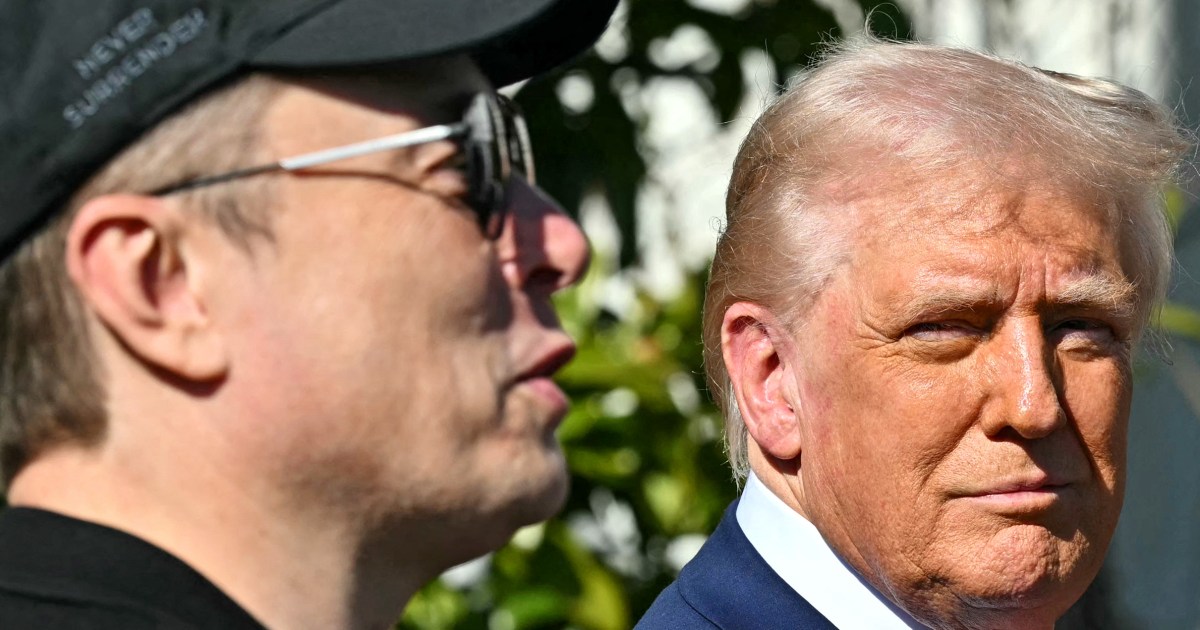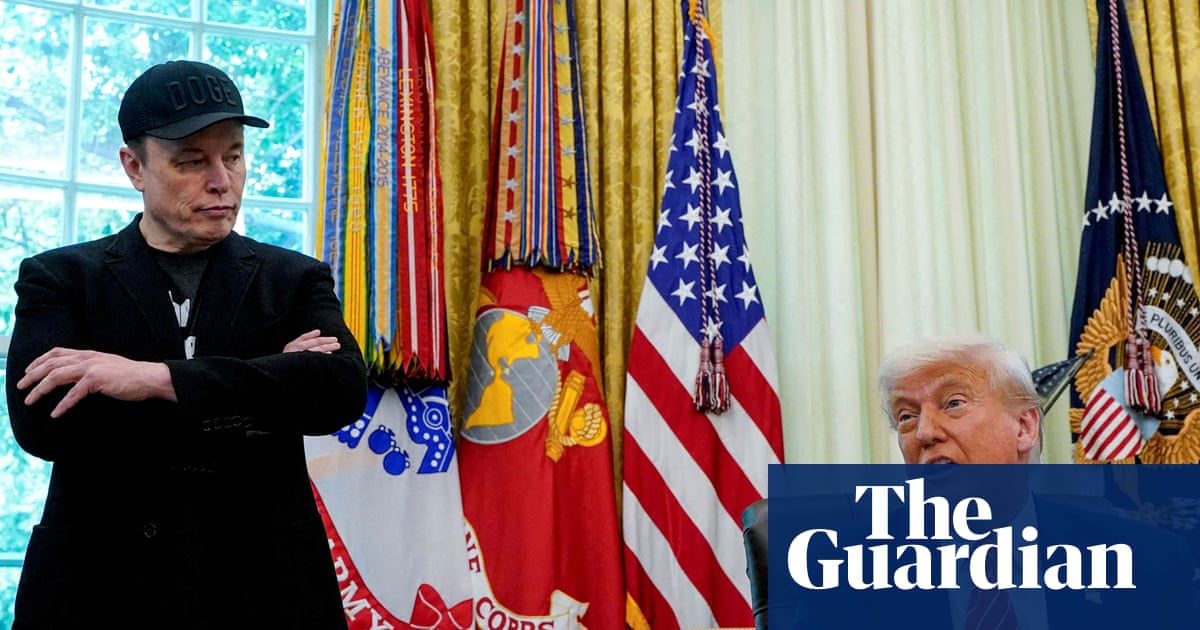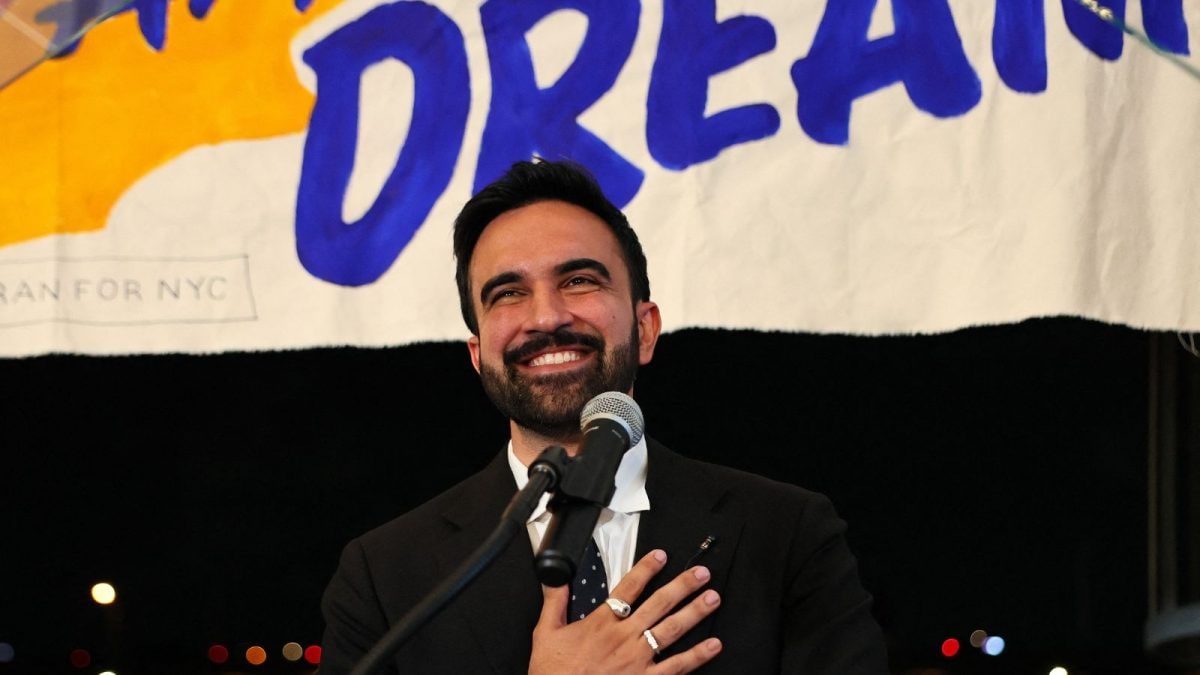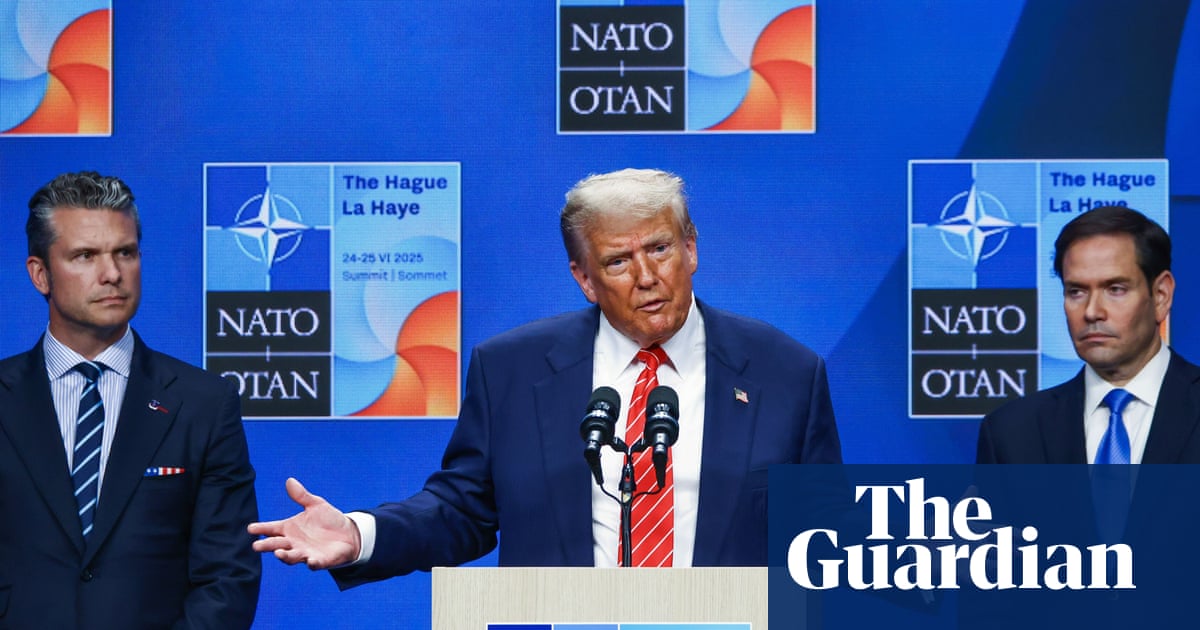Trump Threatens to Reassess Government Support for Elon Musk Amid Tensions

WASHINGTON — In a surprising turn of events, former President Donald Trump has publicly threatened to initiate a re-evaluation of the government subsidies provided to tech billionaire Elon Musk's businesses, a statement that comes as part of a broader narrative surrounding fiscal responsibility and government spending. In a post on Truth Social shortly after midnight, Trump remarked on the potential financial savings for the government, stating, "big money to be saved."
Trump's post suggested that Musk may be the recipient of more government support than any other individual in history, claiming, "Elon may get more subsidy than any human being in history, by far, and without subsidies, Elon would probably have to close up shop and head back home to South Africa." This bold assertion characterized a scenario in which Musk's ventures, including rocket launches, satellite operations, and electric vehicle production, would cease, leading to significant savings for the country.
In a somewhat cryptic addition, Trump remarked, "Perhaps we should have DOGE take a good, hard look at this?"—a reference to the Department of Government Efficiency, which Musk had previously played a role in reforming before his departure from the position in May. Musk's response to Trump's comments came via a post on X, where he hinted at the temptation to escalate the feud yet chose to refrain for the time being.
The exchange between the former president and the tech magnate underscores a rapidly deteriorating relationship that had once seen Musk financially support Trump's campaigns to the tune of an estimated $250 million. As tensions escalated, Trump noted on his departure from the White House earlier in the week that Musk was "very upset" regarding his loss of an electric vehicle mandate, adding, "But you know, he could lose a lot more than that, I can tell you, right? Elon can lose a lot more than that.”
Trump further insinuated that DOGE might need to take action against Musk, cryptically stating, "DOGE is the monster that might have to go back and eat Elon, wouldn’t that be terrible?" This remark, while somewhat humorous, reflects the serious undertones of their ongoing conflict. It's essential to note that there is currently no national electric vehicle mandate, despite Trump's recent efforts to block such legislation in California, which Musk had supported to preserve electric vehicle tax credits.
In the days leading up to Trump's post, Musk had been vocally critical of a controversial spending bill, which he referred to as the "big, beautiful bill." He suggested that if the bill were to pass, he would establish a new political party called the America Party to provide an alternative to the existing political landscape, which he criticized as a "Democrat-Republican uniparty." Musk’s frustration with lawmakers was evident, especially regarding their willingness to support what he deemed as reckless financial practices, as he stated, "Anyone who campaigned on the PROMISE of REDUCING SPENDING, but continues to vote on the BIGGEST DEBT ceiling increase in HISTORY will see their face on this poster in the primary next year."
As for Musk's companies, SpaceX and Tesla, they continue to benefit from various government contracts and subsidies, although the exact value of these benefits remains uncertain. Reports suggest that Musk's enterprises have received at least $38 billion in government support over the years. The stock market reacted swiftly to the unfolding drama, with Tesla shares dipping by 6% before the market opened on Tuesday. The stock has experienced a decline of 21% year to date, despite a recent rally in the broader market.
Treasury Secretary Scott Bessent addressed Musk’s criticisms during an appearance on Fox News, downplaying Musk's claims and focusing on his expertise in rocket leadership, stating, "I admire Elon’s leadership on rockets. I will take care of the finances." This response indicates a growing divide between Musk’s entrepreneurial perspective and the federal government's fiscal policies.
As the Senate continues to debate amendments to the spending bill, which faces opposition within both political parties, the stakes remain high. An analysis from the Congressional Budget Office has projected that the bill could add $3.3 trillion to the national debt over the next decade, while also estimating that nearly 12 million people may lose their health insurance largely due to cuts in Medicaid.



























